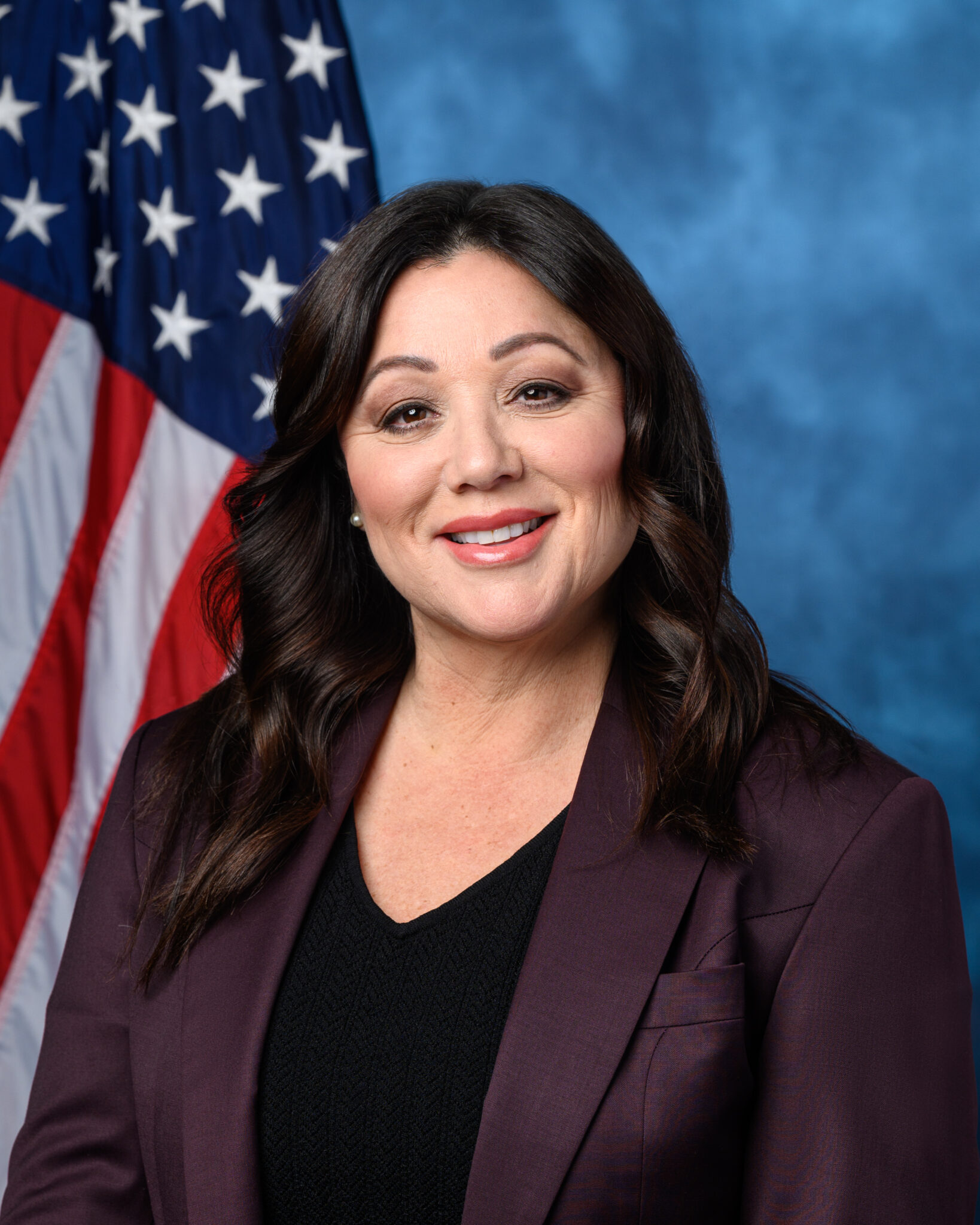
Henry Green is a student at Harvard Law School.
In today’s news and commentary, Lori Chavez-Deremer’s confirmation hearing, striking King Soopers workers return to the bargaining table, and UAW members at Rolls-Royce authorize a strike.
Lori Chavez-Deremer, President Trump’s nominee for Secretary of Labor, faces a Senate confirmation hearing today. Chavez-Deremer may face more No votes from Republicans than other Trump cabinet members. Rand Paul, a senior member on the committee that must advance her nomination, called for her to publicly renounce her support for the PRO Act. Senator Tommy Tuberville of Alabama said he could support Chavez-Deremer if she comes out as “pro-right-to-work.” Across the aisle, John Fetterman has said he will support Chavez-Deremer, meaning she can lose as many as four Republicans and still be confirmed.
Striking King Soopers workers will return to the bargaining table, UFCW Local 7 announced Monday night. The workers had been on strike since February 6, after their contract ended January 17. Striking workers risked losing health insurance coverage starting in April if the strike continued; under the return-to-work agreement, King Soopers agreed to maintain their coverage. King Soopers is a Colorado grocery chain owned by Kroger. Local 7 is also negotiating a new contract with Albertsons, which attempted to merge with Kroger last year.
UAW members at a Rolls-Royce plant in Indianapolis have authorized a strike if necessary as their contract’s expiration date approaches. The Rolls-Royce complex employs over 800 members of UAW Local 933 and “is the primary Rolls-Royce facility making aircraft engines for U.S. government contracts,” according to a UAW press release. The workers’ contract expires on February 26. On Thursday, workers voted by 99.5% to authorize a strike, with 86% of the membership participating in the vote. A UAW video calls for ending tiers and notes that new employees at the plant pay as much as $16,000 a year for health insurance.






Daily News & Commentary
Start your day with our roundup of the latest labor developments. See all
November 23
Workers at the Southeastern Pennsylvania Transportation Authority vote to authorize a strike; Washington State legislators consider a bill empowering public employees to bargain over workplace AI implementation; and University of California workers engage in a two-day strike.
November 21
The “Big Three” record labels make a deal with an AI music streaming startup; 30 stores join the now week-old Starbucks Workers United strike; and the Mine Safety and Health Administration draws scrutiny over a recent worker death.
November 20
Law professors file brief in Slaughter; New York appeals court hears arguments about blog post firing; Senate committee delays consideration of NLRB nominee.
November 19
A federal judge blocks the Trump administration’s efforts to cancel the collective bargaining rights of workers at the U.S. Agency for Global Media; Representative Jared Golden secures 218 signatures for a bill that would repeal a Trump administration executive order stripping federal workers of their collective bargaining rights; and Dallas residents sue the City of Dallas in hopes of declaring hundreds of ordinances that ban bias against LGBTQ+ individuals void.
November 18
A federal judge pressed DOJ lawyers to define “illegal” DEI programs; Peco Foods prevails in ERISA challenge over 401(k) forfeitures; D.C. court restores collective bargaining rights for Voice of America workers; Rep. Jared Golden secures House vote on restoring federal workers' union rights.
November 17
Justices receive petition to resolve FLSA circuit split, vaccine religious discrimination plaintiffs lose ground, and NJ sues Amazon over misclassification.